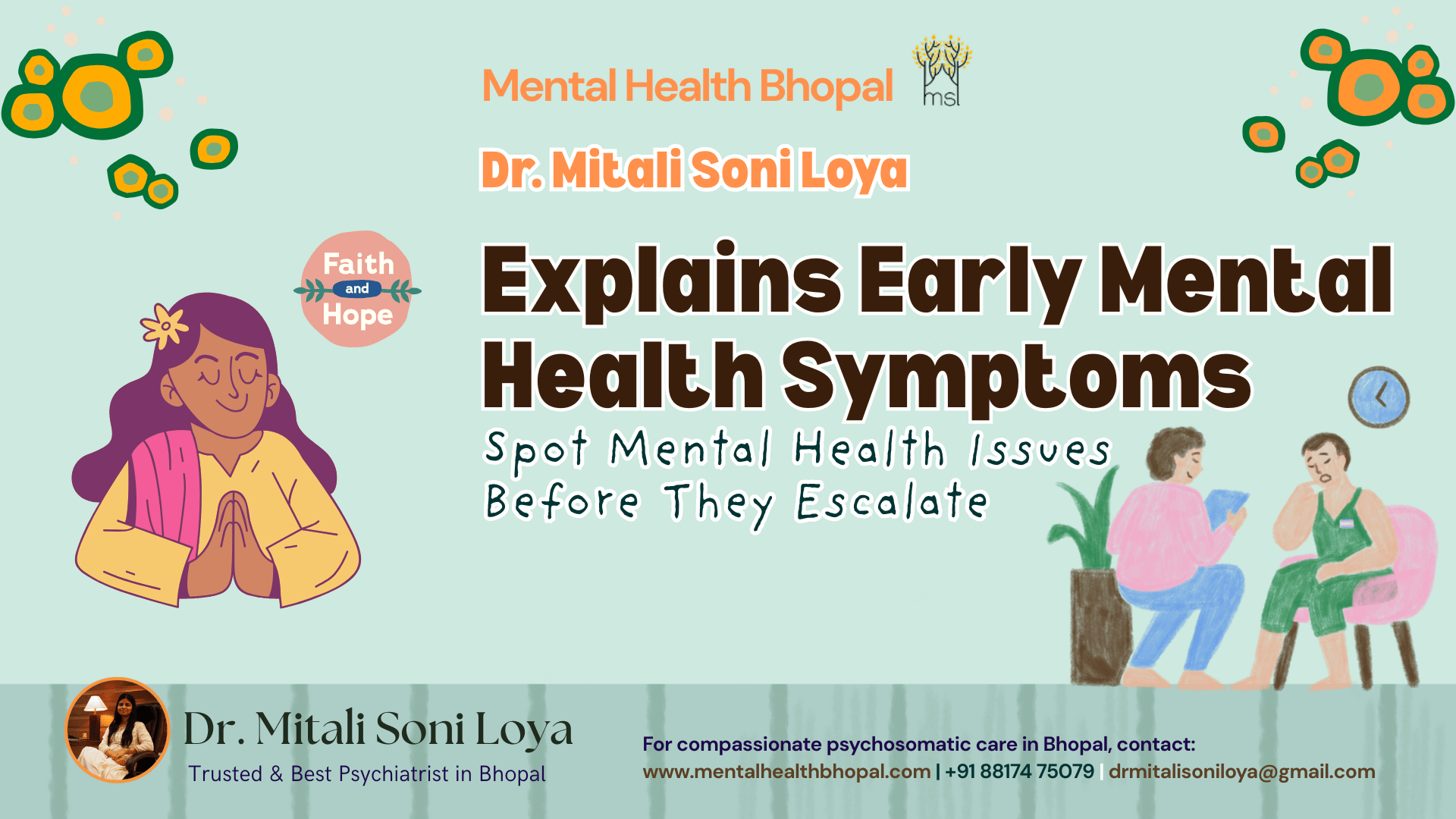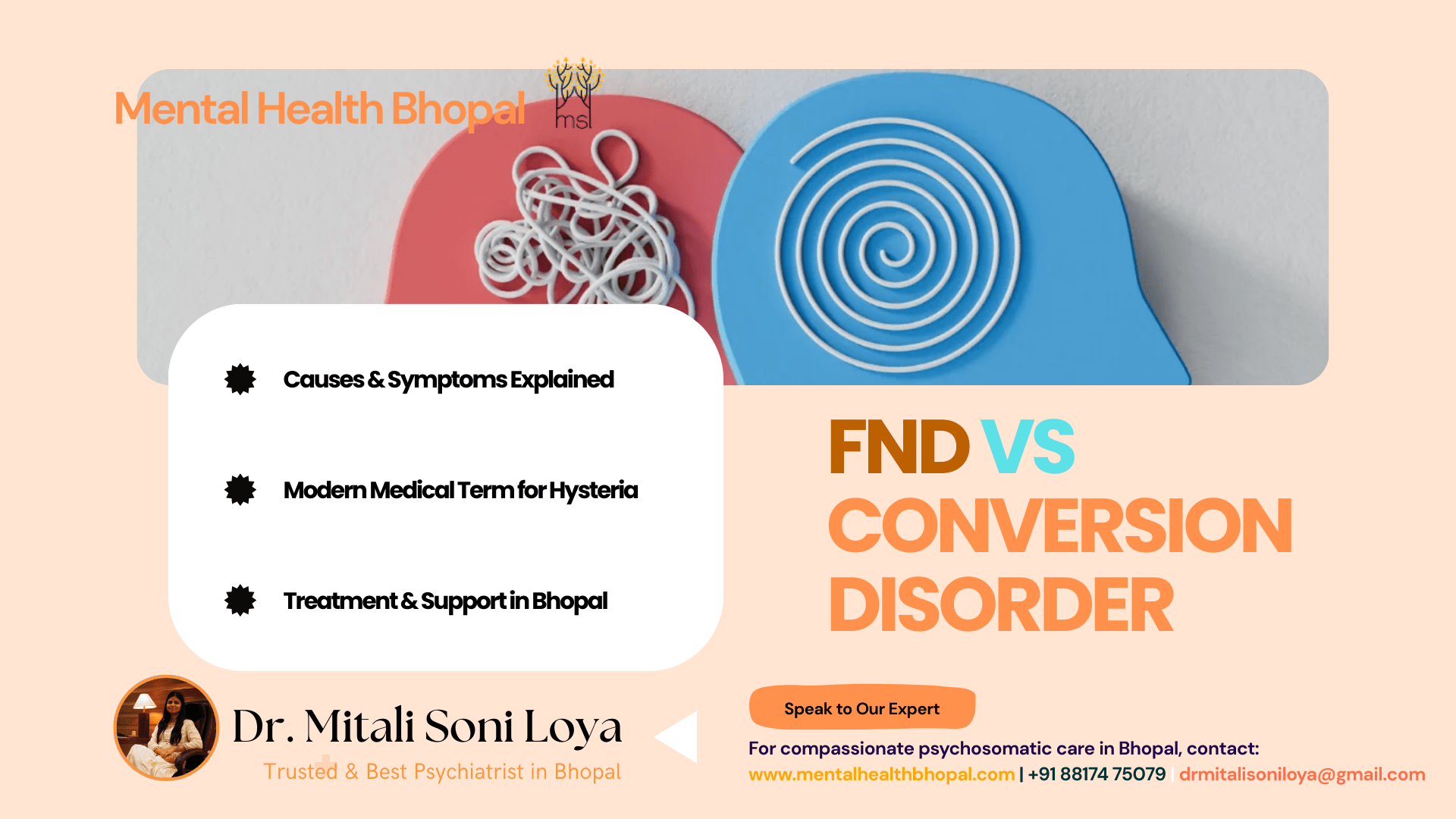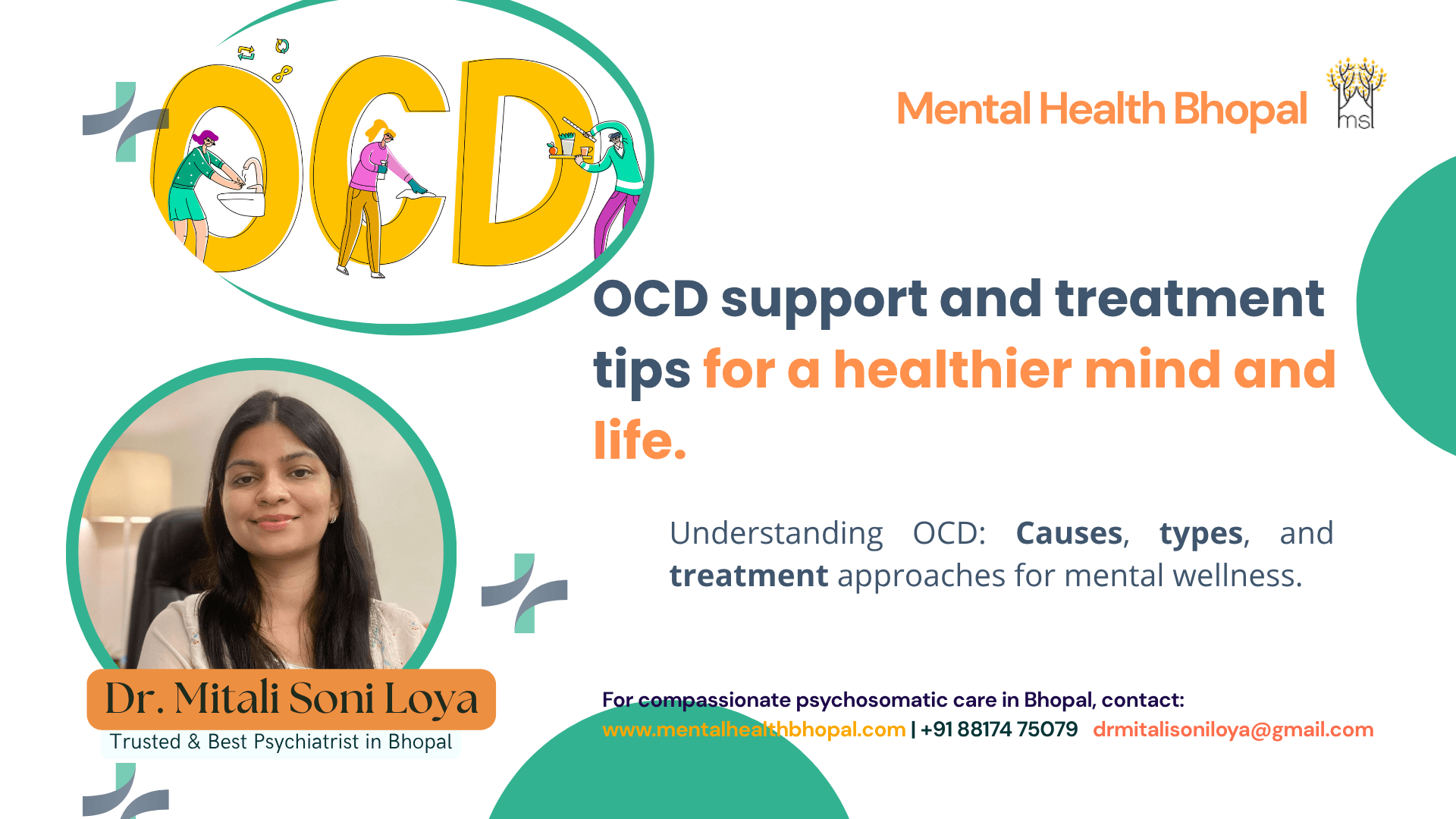Introduction
Schizophrenia is one of the most complex and misunderstood mental health disorders. Often mistaken for multiple personality disorder or associated with dangerous behavior in popular media, the reality is far more nuanced—and far more human.
Affecting about 1 in 100 people globally, schizophrenia is a chronic psychiatric condition that impacts how a person thinks, feels, and perceives the world. Left untreated, it can be deeply disabling. But with the right diagnosis and support, many individuals with schizophrenia can live meaningful, productive lives.
This guide breaks down what schizophrenia is, what causes it, how it presents, and what treatment looks like.
What is schizophrenia?
Schizophrenia is a severe mental disorder characterized by disruptions in thought processes, perception, emotional responsiveness, and social interactions. People with schizophrenia often struggle to distinguish between what is real and what is not.
It typically begins between late adolescence and early adulthood, although it can emerge earlier or later. Schizophrenia is a lifelong condition, but modern treatment can significantly reduce symptoms and help individuals lead stable lives.
Key symptoms of schizophrenia
Schizophrenia symptoms fall into three main categories:
1. Positive symptoms (added experiences not seen in healthy individuals)
- Hallucinations: Seeing, hearing, or feeling things that aren’t there (e.g., hearing voices)
- Delusions: Strongly held false beliefs (e.g., thinking someone is watching or plotting against them)
- Disorganized speech: Jumping from topic to topic, incoherent sentences
- Disorganized behavior: Unpredictable or inappropriate actions
2. Negative symptoms (loss of normal functions)
- Flat affect: Limited emotional expression
- Social withdrawal: Avoiding people or activities
- Lack of motivation: Difficulty starting or completing tasks
- Anhedonia: Inability to feel pleasure
- Reduced speech: Minimal verbal output even when encouraged
3. Cognitive symptoms
- Difficulty with concentration and memory
- Poor decision-making
- Problems understanding or processing information
These symptoms may vary in intensity over time and are often mistaken for depression, drug use, or other disorders—especially in early stages.
What causes schizophrenia?
While the exact cause is unknown, researchers believe schizophrenia results from a combination of genetic, biological, and environmental factors:
- Genetics: People with a family history of schizophrenia have a higher risk, but it can also occur with no family background.
- Brain chemistry and structure: Imbalances in dopamine and glutamate, as well as changes in brain structure, may play a role.
- Prenatal and early life factors: Malnutrition, viral infections during pregnancy, or complications at birth increase risk.
- Psychosocial stress: High stress or trauma during adolescence or early adulthood can trigger or worsen symptoms in predisposed individuals.
- Substance use: Drugs like cannabis, LSD, or methamphetamine can contribute to the onset in vulnerable individuals.
Schizophrenia is not caused by parenting style or personal weakness.
Who is at risk?
Common risk factors include:
- Having a first-degree relative with schizophrenia
- Male gender (men tend to show symptoms earlier)
- Exposure to chronic stress or trauma
- History of substance use, especially in teenage years
- Urban upbringing and social isolation
Early identification and intervention offer the best outcomes.
How is schizophrenia diagnosed?
Diagnosis is made by a psychiatrist, not through a blood test or scan, but by:
- Clinical evaluation of symptoms over time
- Ruling out other medical or psychiatric conditions
- Assessing how symptoms impact day-to-day functioning
- Using criteria from diagnostic tools like the DSM-5
Often, a loved one notices changes before the person recognizes symptoms themselves. Early signs may include paranoia, declining academic or work performance, social withdrawal, or erratic behavior.
Treatment options for schizophrenia
While there is no cure, schizophrenia is treatable, and many people live fulfilling lives with proper care.
1. Medication
Antipsychotic medications are the cornerstone of treatment. They help reduce hallucinations, delusions, and thought disturbances. Common types include:
- First-generation (typical) antipsychotics
- Second-generation (atypical) antipsychotics like risperidone, olanzapine, or aripiprazole
Side effects vary and must be managed under medical supervision.
2. Psychotherapy and counseling
- Cognitive Behavioral Therapy (CBT) helps with thought organization and reality testing
- Supportive therapy builds trust and emotional processing
- Family therapy educates caregivers and improves communication
- Rehabilitation services support reintegration into work, education, or social life
3. Lifestyle support and long-term care
- Establishing a routine for meals, sleep, and hygiene
- Avoiding drug or alcohol use
- Ongoing psychiatric follow-ups
- Support from caregivers, community groups, or NGOs
Relapse prevention is a key goal, which means continuing care is often needed.
Breaking the stigma
Despite what movies and myths suggest, most people with schizophrenia are not violent or dangerous. With early diagnosis, treatment, and support, they can manage symptoms and lead independent lives.
However, stigma and misinformation are major barriers. Families may hide the illness due to shame, delaying care. Education and open conversations can empower patients and reduce isolation.
Why consult Dr. Mitali Soni Loya for schizophrenia treatment in Bhopal?
As a trusted psychiatrist in Bhopal, Dr. Mitali Soni Loya brings over 10 years of experience in treating schizophrenia and other serious mental health conditions. Her approach is grounded in compassion, scientific precision, and long-term patient support.
Here’s why patients and families rely on her:
- Accurate, early diagnosis using structured psychiatric evaluations
- Comprehensive care plans that combine medication and therapy
- Emphasis on educating families for better home support
- Availability of both in-person and teleconsultation options
- A calm, stigma-free environment where patients are respected and heard
Dr. Mitali believes in treating people—not just symptoms—and works to restore dignity and functionality to every patient’s life.
Conclusion:
Schizophrenia is a serious condition—but it’s not hopeless. With early diagnosis, medical treatment, and emotional support, individuals can learn to manage symptoms and build fulfilling lives.
If you or someone you care about is experiencing signs of schizophrenia, don’t wait. Seek professional help. The earlier the intervention, the better the outcomes.
Need expert help in Bhopal?
Dr. Mitali Soni Loya offers personalized, evidence-based care for schizophrenia and other mental health disorders.
Clinic address:
10 Ramanand Nagar, Near Lalghati Square, Bhopal, M.P. – 462023
Phone: +91 88174 75079
Email: drmitalisoniloya@gmail.com
Website: www.mentalhealthbhopal.com

 Mitali Soni Loya November 28, 2025
Mitali Soni Loya November 28, 2025
